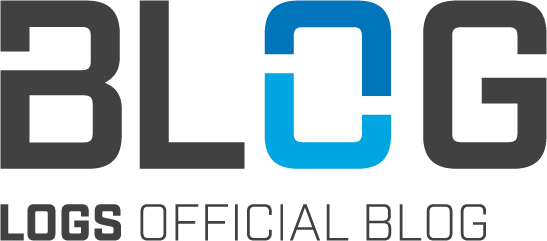|
MINNESOTA CASE LAW UPDATE
Stuckey v. Gislason & Hunter LLP (D. Minn. 2021) The US District Court in Minnesota issued a favorable order for creditors on January 12, 2021 in Stuckey v. Gislason & Hunter LLP. Facts of the case include, plaintiff’s as mortgagors and foreclosing Law Firm as a defendant. Law Firm sent out a letter with a Notice of Default and a pre-foreclosure notice to Plaintiff’s. Plaintiff’s alleged that the Law Firm violated the FDCPA (15 U.S.C. § 1692 et seq.). Law Firm moved to dismiss for failure to state a claim under Rule 12(b)(6), arguing it is not a debt collector and therefore not subject to the FDCPA. Additional, Law Firm contends Plaintiff’s did not plead sufficient facts to establish it is a debt collector under the limited purpose definition in 15 U.S.C. § 1692(f)(6). The court threw out the argument that Law Firm was a debt collector, relying on the recent Obduskey precedent, “those who engage in only nonjudicial foreclosure proceedings are not debt collectors within the meaning of the Act”. Plaintiff’s claims include, Law Firm attempted to collect more than the secured-claim amount owed, sent pre-foreclosure notices directly to plaintiffs represented by counsel, and notifying a foreclosure-prevention agency of the debt. The first claim was thrown out for failing to plead sufficient facts to state a claim, and plaintiff’s amended complaint listed the secured claim amount exactly as in the notice. The second claim was thrown out because Plaintiff failed to cite any post-Obduskey authority that Law Firm was acting as a primary-purpose debt collection, and that the notice was sent pursuant to state statutory requirements with counsel being copied. The final claim was also thrown out because Plaintiff’s failed to establish Law Firm was a primary purpose debt collector, and sent the homeowners name, address and phone number to foreclosure prevention agencies as required by state statute. Ultimately, the court found that the Law Firm commencing non-judicial foreclosures was not a debt collector under the primary purpose of the FDCPA. Even if a debt collector for the limited purposes of 15 U.S.C. § 1692(f)(6), complying with state statutes do not amount to FDCPA violations. Comments are closed.
|
Archives
September 2023
Categories
All
|
|
Website by SQFT.Management
|
© COPYRIGHT 2024. ALL RIGHTS RESERVED.
|

 RSS Feed
RSS Feed
